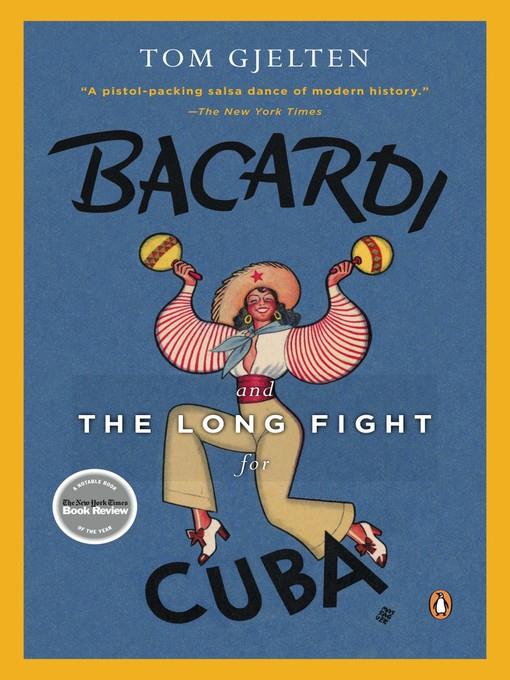
Bacardi and the Long Fight for Cuba
The Biography of a Cause
کتاب های مرتبط
- اطلاعات
- نقد و بررسی
- دیدگاه کاربران
نقد و بررسی

July 7, 2008
The commonplace view of Cuba’s prerevolutionary business establishment as a corrupt kleptocracy is revised in this intriguing history of the Bacardi rum company and its involvement in Cuban politics. NPR correspondent Gjelten (Sarajevo Daily
) paints the 146-year-old distiller, once an icon of Cuban industry, as a model corporate citizen—efficient, innovative, socially responsible and union-tolerant. Its leaders were pillars of nationalist politics, he contends: company president Emilio Bacardi was a leader of Cuba’s rebellion against Spain, and in the 1950s CEO José Bosch helped fund Castro’s insurrection. (After Castro nationalized Bacardi’s Cuban holdings, Bosch started funding anti-Castro exiles.) Bacardi’s image as Cuban-nationalism-in-a-bottle becomes farcical when the company, now a multinational behemoth, fights an absurd court battle with Cuba’s state rum company over the “Havana Club” trademark. But Gjelten’s account of a liberal, progressive Cuban business clan complicates and enriches the conventional picture of a society torn between right and left dictatorships.

August 15, 2008
Equal parts company history, family history, and country history, this is a history of Cuba as filtered through a tall rum and Coke. Gjelten, a noted NPR correspondent, follows the Bacardi family tree back to Facundo Bacardi, who started the rum business in 1862. From there the tumultuous stories of Cuba and Bacardi are intertwined, through the Cuban revolution in 1868, the Spanish American War in 1898, Prohibition in the United States in the 1920s, Batista's coup in 1952, and finally Fidel Castro's takeover in 1958. After the Bay of Pigs in 1961, Bacardi property in Cuba was seized and production was moved to Mexico and other locations. The all-important Bacardi trademark stayed with the family, enabling them to use brand leverage to strengthen U.S. and European sales and thus make up for their loss of income and property in Cuba. By 1983, Bacardi accounted for two-thirds of the world's rum sales. With the passing of power from Fidel, Bacardi may yet return to its homeland. Overall, Gjelten has concocted an interesting combination of corporate and political history. Purchase where there is interest.Susan Hurst, Miami Univ. of Ohio Libs., Oxford
Copyright 2008 Library Journal, LLC Used with permission.

August 1, 2008
Reflecting Cuban history in that of the Bacardi rum company, NPR reporter Gjelten covers the business and political activities of the firms leaders. Startingwith its 1862 founding by Facundo Bacardi, Gjelten describes how this family-owned enterprise operated through Cubas volatile sequence of wars with Spain, U.S. occupation, unstable governments, and, finally, expropriation by the Castro regime. Run by a succession of savvy autocrats, the Bacardi company met withinitial success with its formula for rum and, over time, capitalized on a successful identification of its productincluding its black-bat trademarkwith Cuban patriotism. Recounting the involvement of Bacardi descendants and their in-laws with Cuban politics, Gjelten paints a picture of their fondness for their country but wariness of its governments. In retrospect, expanding Bacardi operations to Mexico, Puerto Rico, and the U.S. proved to be the companys salvation. The book concludes with the Communist confiscation of Bacardis Cuban assets and the claim on them that the company has not relinquished. Anyone interested in post-Castro Cuba will be better informed by Gjeltens rich history of the Bacardi family.(Reprinted with permission of Booklist, copyright 2008, American Library Association.)

























دیدگاه کاربران